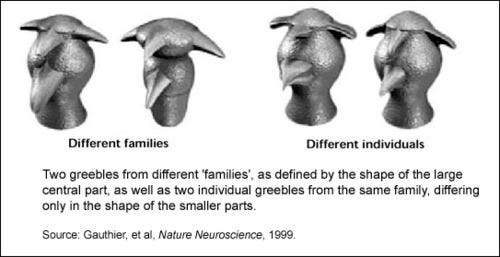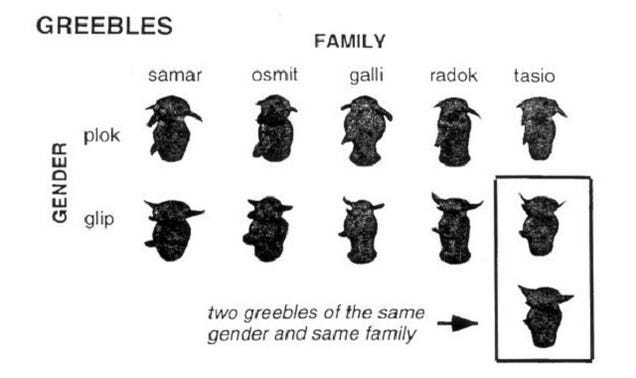Want to learn how something works in psychology? Make it up!
(No, I don't mean that you should invent numbers and call them experimental data, although some people have done that).
There are a lot of theories psychologists have been unable to prove, either because they lack the control over the world necessary to test them, or because it would be unethical to do so. For example, the nature/nurture problem would be a lot easier to solve if one could separate twins at birth and assign them, say, to a "learn a spoken language" and a "learn a sign language" condition, or an "authoritarian parent" and a "laissez faire parent" condition. But, since they can't do such things, psychologists have come up with a creative alternative.
They create artificial versions of the things they want to study.
Want to know how people learn a language? Make up an artificial language, change the parameters of its grammar and other qualities in specific ways, and watch how people learn it. There are a number of studies that have used invented artificial languages to study language learning in kids and adults. On a smaller scale, studies routinely examine toddlers' word learning by asking them to learn the names of toys or unfamiliar household objects--names like "blicket" or "dax."
Want to understand how we learn to recognize specific types of objects, such as faces? One research group invented little creatures called Greebles (see IO9's layperson-friendly description of the study). The researchers trained people to recognize individual Greebles and categorize them into families. They varied what methods were used to train people to recognize the Greebles, how participants were tested, and various other parameters in order to find out more about the learning processes involved. They also observed (using fMRI) how learning to recognize these artificial objects changed activation in a specific area of the brain important for object recognition.

Above: Greebles, from Isabel Gauthier's paper in Nature Neuroscience.

Above: Greebles arranged by family and gender, from the same paper via IO9.
My own lab even used 3D printers to create Greeble-like creatures for children to play with while learning (Sorry, no pictures available at present). Doing so allows them test whether the experience of touching and looking at the Greebles from different angles helps children learn them. They also investigate whether it matters exactly how children explore the objects. There are families of Greebles living on my desk and they are adorable. (And these are just the most appealing of a wide variety of artificial objects my lab has used to study how young children learn).
Other than writers and video game designers, how many people in other fields can say they made up a language or a new type of creature? How many can say they did it for science?




